Introduction
Introduction
Definite articles are words that specify a particular and identifiable noun. English uses the word “the” for this purpose. In French, there are four words that can translate as “the” based on gender and number.
For masculine nouns, the word le is used:
le garçon
the boy
However, if the noun begins an h or a vowel, le is contracted to simply l’ for the purposes of harmonic pronunciations:
l’homme
the man
For feminine nouns, the word la is used:
la femme
the woman
For both masculine and feminine plural nouns, the word les is used:
les hommes
the men
les femmes
the women
It is important to note, that French employs the use of definite articles in the cases you would in English, but also in reference to mass and generic nouns. “I like books” translates as J'aime les livres.
For masculine nouns, the word le is used:
le garçon
the boy
However, if the noun begins an h or a vowel, le is contracted to simply l’ for the purposes of harmonic pronunciations:
l’homme
the man
For feminine nouns, the word la is used:
la femme
the woman
For both masculine and feminine plural nouns, the word les is used:
les hommes
the men
les femmes
the women
It is important to note, that French employs the use of definite articles in the cases you would in English, but also in reference to mass and generic nouns. “I like books” translates as J'aime les livres.










 Spanish
Spanish English
English Italian
Italian German
German Portuguese
Portuguese
Comments
Commentaires